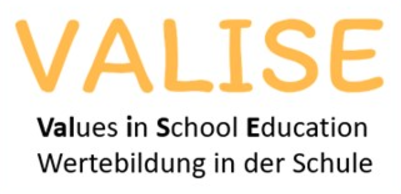Advice for policy makers, based on our findings

-
Evidence on Schwartz’s values circle shows how systematically children’s values are related to their behaviour in school, such that supportive behaviour is related to values of benevolence and universalism values, learning-oriented behaviour is related to values of self-direction and stimulation, and disciplined behaviour is related to values of tradition, conformity, and security. In particular, teacher training could highlight how the development of specific values can be facilitated by encouraging the behaviours that express them in the classroom.
-
Policies may allow schools the flexibility to adapt values-education to reflect the cultural and social realities of their communities.
-
In times of societal upheaval, such as during a pandemic, policies can provide guidance on balancing immediate needs for stability in the school with long-term goals like creativity and fairness.
-
Recent years have witnessed the emergence of a growing body of evidence of best-practice in values education in schools. Providing professional development opportunities and resources for evidence-based values education can help schools and teachers better implement these goals.
